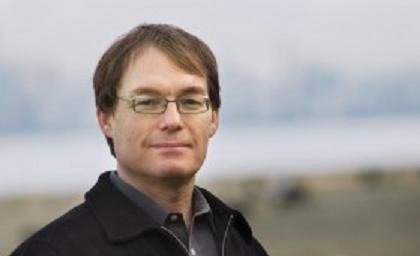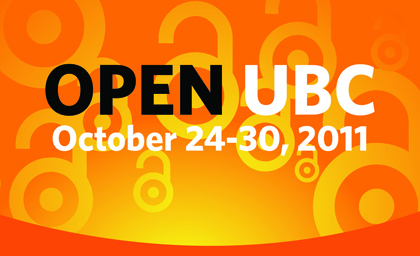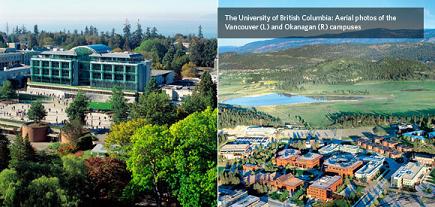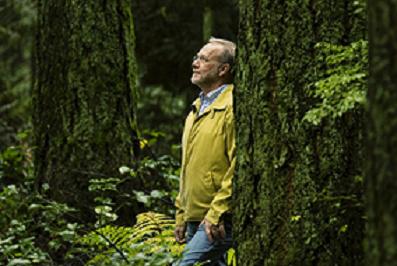Robert VanWynsberghe. Photo credit: Martin Dee
2010 Winter Olympics provided economic and cultural boost
British Columbia’s economy grew in 2010 with new businesses, jobs and an increase in visitor spending, all likely related to the 2010 Olympic and Paralympic Winter Games, says a University of British Columbia study that measured the impact of the Games.
In addition to the economic benefits, the report also noted other positive outcomes including the development of sport and culture across Canada, the inclusion and participation of Aboriginal groups and minorities and a heightened recognition of persons with disabilities.
“Throughout the Olympics and in the weeks immediately following, there was a real sense of success and pride among British Columbians and Canadians,” says Rob VanWynsberghe, lead author of the study. “These feelings were well-founded, some real success stories came out of these Games.”
The three key findings of the UBC-OGI Games-time report were:
1. Socio-cultural impacts – Inclusion, Sport, Arts and Culture, and Housing
2. Economic impacts – Business, Real estate, Tourism, and Tax Revenue
3. Environmental impacts – Greenhouse gas emissions, Mode of travel, and Energy Consumption
To read the report mentioned above and other UBC-OGI findings, visit the UBC and the 2010 Olympic and Paralympic Games: Research collection in cIRcle. Currently, there are 48 items in this growing collection that are available for viewing, listening to or reading for your own scholarly research or general interests.
Did You Know?
The cIRcle 2010 Olympics Project aims to showcase and preserve UBC’s intellectual output related to the Olympic and Paralympic Winter Games. Examples include research or teaching outputs, proceedings or webcasts of conferences and other events, as well as other material that is Olympic inspired and has long term value.
Above text in italics and image are courtesy of the UBC Public Affairs website





